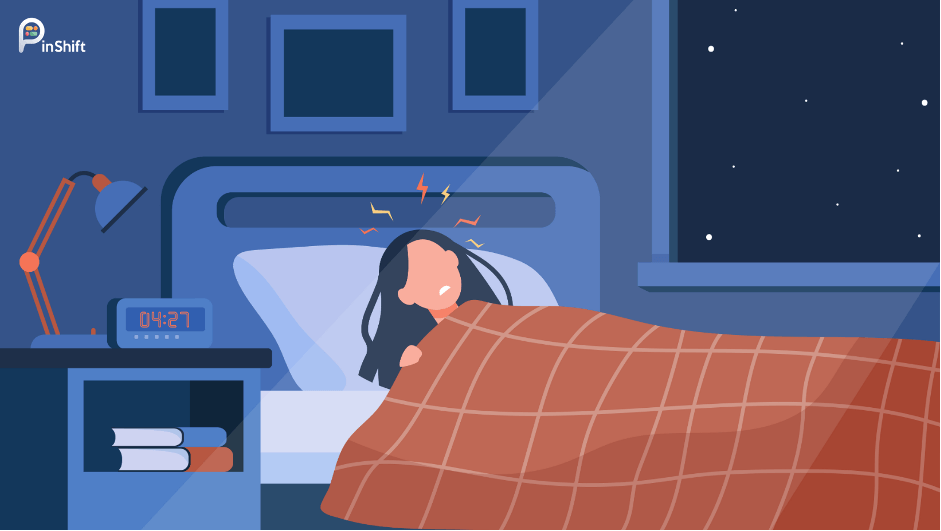
[Shift work becomes a norm in different industries in response to the economic development, and people in this generation have already been used to such a system. Although it is not something new to us, do we really have an ample understanding of shift work?]
Shift work sleep disorder (SWSD) can never be neglected when it comes to the problems brought by the shift work. People who work in rotating shifts are characterized by different work times, and they often suffer from insomnia or excessive sleepiness due to the atypical shift and irregular bedtime. So here comes the question: How to sleep well when you need to work in shift? If you want to find out what you can do to improve the quality of sleep, then keep reading!
1. Reduce caffeine consumption
Using caffeine to increase alertness can have a disruptive effect on your sleeping quality as a vicious cycle can be created. Caffeine can be your best friend while you are working, as it is a stimulant that effectively keeps you away from feeling sleepy. BUT BE CAREFUL! Caffeine can also be your nightmare if you drink too many caffeinated beverages, as it also makes it hard for you to sleep, and the length of time you sleep will be shortened. So you may want to finish your caffeinated drinks four hours before your bedtime with a view to having a better sleep quality. In addition to coffee and energy drink, tea and cola also contain of caffeine, so watch out for what your favourite drink might be suffering you in insomnia.
2. Avoid exposure to light
Melatonin is a natural hormone produced by our bodies for regulating the sleep-wake cycle, but the light, in particular containing blue light, will quell the melatonin level. This is why you may want to wear a hat or sunglasses after a night shift – to block out the sunlight! If you want to take a good rest in the morning, a blindfold and a curtain can be prepared, as the nighttime atmosphere will also raise the melatonin level. A higher level of melatonin is able to relax your body so that you will fall asleep easier and sleep well.
3. Sleep anchoring
Attributed to the shift schedule, the sleep periods of the shift workers are irregular. This can wreak havoc on your sleeping quality as it is hard for you to maintain a stable and synchronized circadian rhythm. But with the help of anchor sleep, there is nothing impossible. Anchor sleep is a concept that overlapping four hours of sleep during the same timeframe, regardless of whether it is a workday. Making the timing of sleep more consistent, anchor sleep greatly increases the quality of sleep. It is a powerful way to help you adapt to your work schedules while keeping you healthier.
4. Keep naps short
With an aim of staving off the sleepiness and getting an energy boost, many shift workers make time for a nap when they suffer from fatigue. But a long nap is not always better than the short one, as it is more likely for you to feel groggy after waking up if the nap is longer than 30 minutes. So, remember, just to snooze for 10 to 20 minutes! Such a brief nap is already enough for you to feel more refreshed and increase the working efficiency, and excess napping can cause a larger sleep disturbance or even sleep disorders.